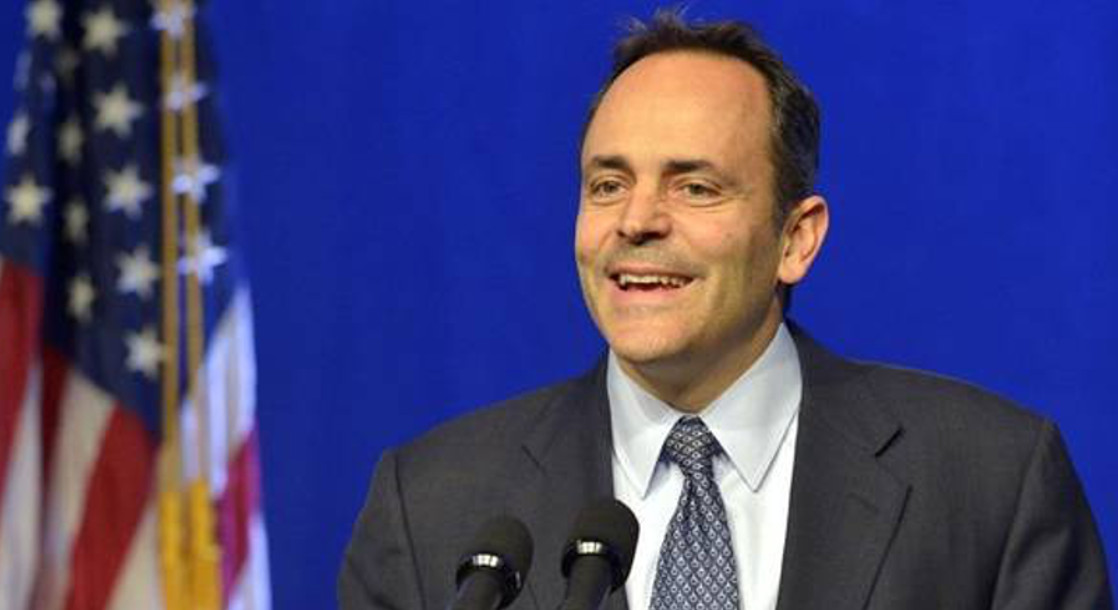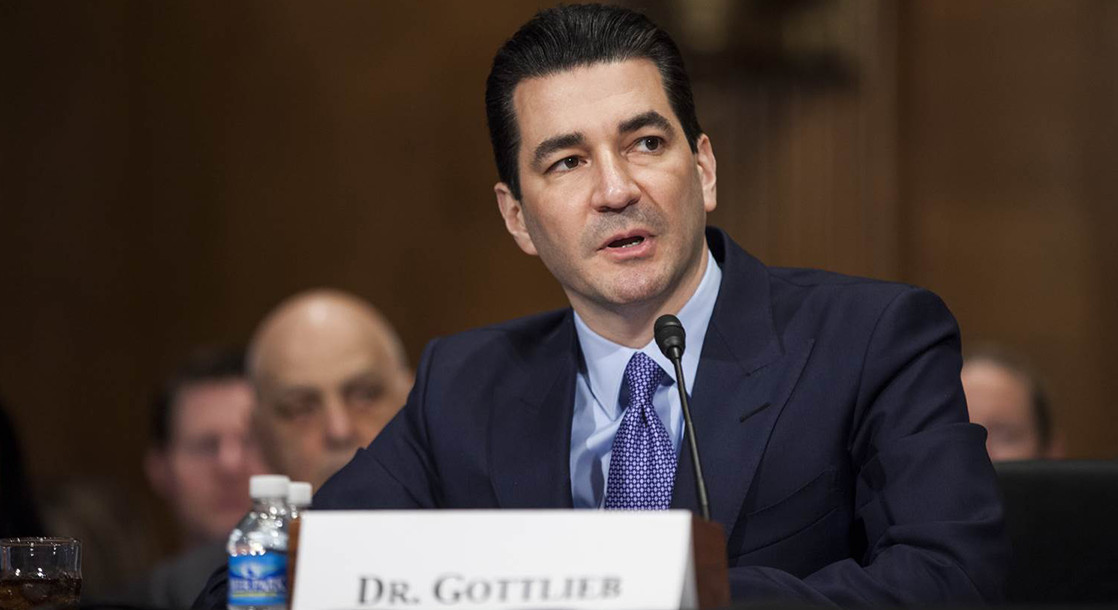A Kentucky judge is trying to understand exactly why the state has not yet legalized a medical marijuana program, especially since “we’ve pretty much decriminalized” the herb in more than half the nation.
According to a report from the Lexington Herald-Leader, Judge Thomas Wingate recently asked legal counsel for Governor Matt Bevin and Attorney General Andy Beshear to explain their reasons for maintaining a prohibitionary standard with respect to the cannabis plant in the Bluegrass State.
The judge is considering motions filed by the state officials to dismiss a lawsuit submitted by a small group of marijuana advocates, which suggests that such a ban is unconstitutional.
Earlier this year, three Kentucky residents filed a complaint against the state, arguing that its outlaw status on medical marijuana was a blatant violation of their rights under the Kentucky Constitution. The lawsuit is calling for the court to decriminalize marijuana possession so they can legally begin to use marijuana for medicinal purposes.
It wasn’t long after the lawsuit was filed that Governor Bevin and Attorney General Beshear fired back with a motion begging the courts to dismiss the lawsuit. Documents filed in Franklin Circuit Court show the two state officials feel that the issue of whether marijuana is made legal is something that should be determined by the state legislature, not a judge.
“It is solely within the General Assembly’s constitutional powers to determine whether to make medicinal marijuana lawful,” attorney Barry Dunn wrote on behalf of the governor.
On Tuesday, Judge Wingate asked attorney Taylor Payne, who is representing Beshear in the matter, how the state can justify a total ban on marijuana when state courts are filled with cases involving violent incidents involving alcohol – a legal substance.
Wingate said it has been his experience that booze is the culprit in domestic violence cases, not marijuana.
“So what do you say toward that?” Wingate asked.
Payne stuck with the argument of the motion to dismiss, saying, “I think that’s an issue for the legislature to address.”
Although 29 states and the District of Columbia have legalized the leaf for medicinal use, the Kentucky General Assembly has failed to give serious consideration to the issue over the past several years. There will undoubtedly be another series of marijuana-related legislation filed ahead of the 2018 session, but it is anyone’s guess whether lawmakers are finally prepared to put a functional medical marijuana law on the books.
Attorneys for the state argue that the Kentucky Supreme Court has already handed down a decision on this matter with respect to a case involving actor Woody Harrelson. In that verdict, which was brought down in 2000, the state’s highest court upheld a 1937 law prohibiting the cultivation of hemp.
Nevertheless, Candace Curtis, who is one of the attorneys representing the marijuana advocates in this case, told Wingate that the status quo is a clear violation of the Kentucky Constitution.
“Our clients have been to the legislature. They’ll continue to go to the legislature,” Curtis said. “But you’re the only person who can look at the facts of this case and say, ‘Look, this law is arbitrary and it does violate their right to privacy.’”











